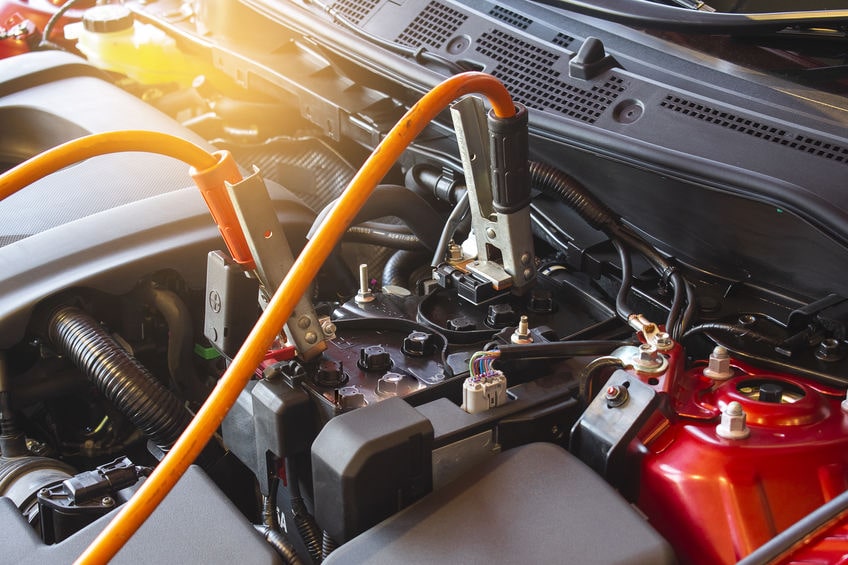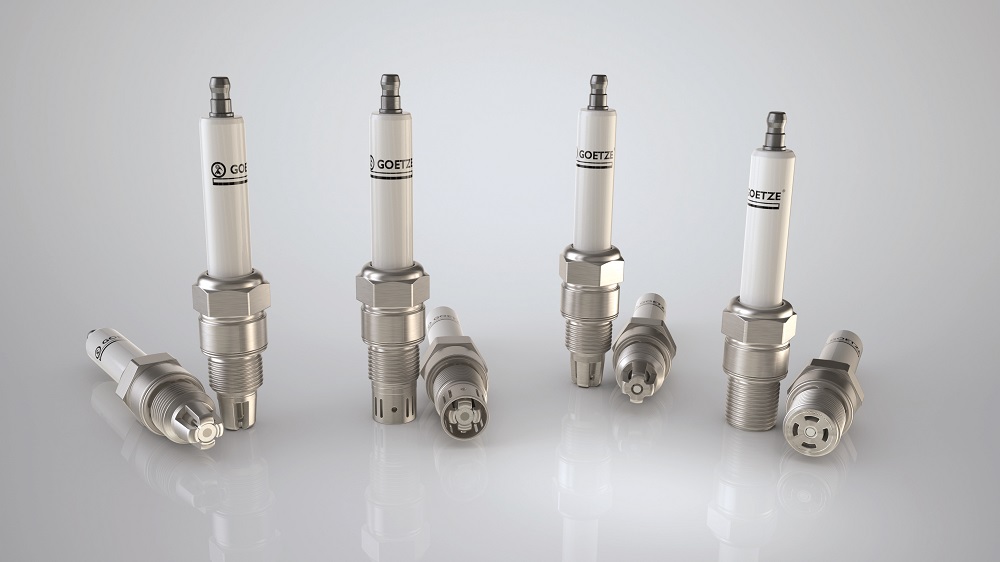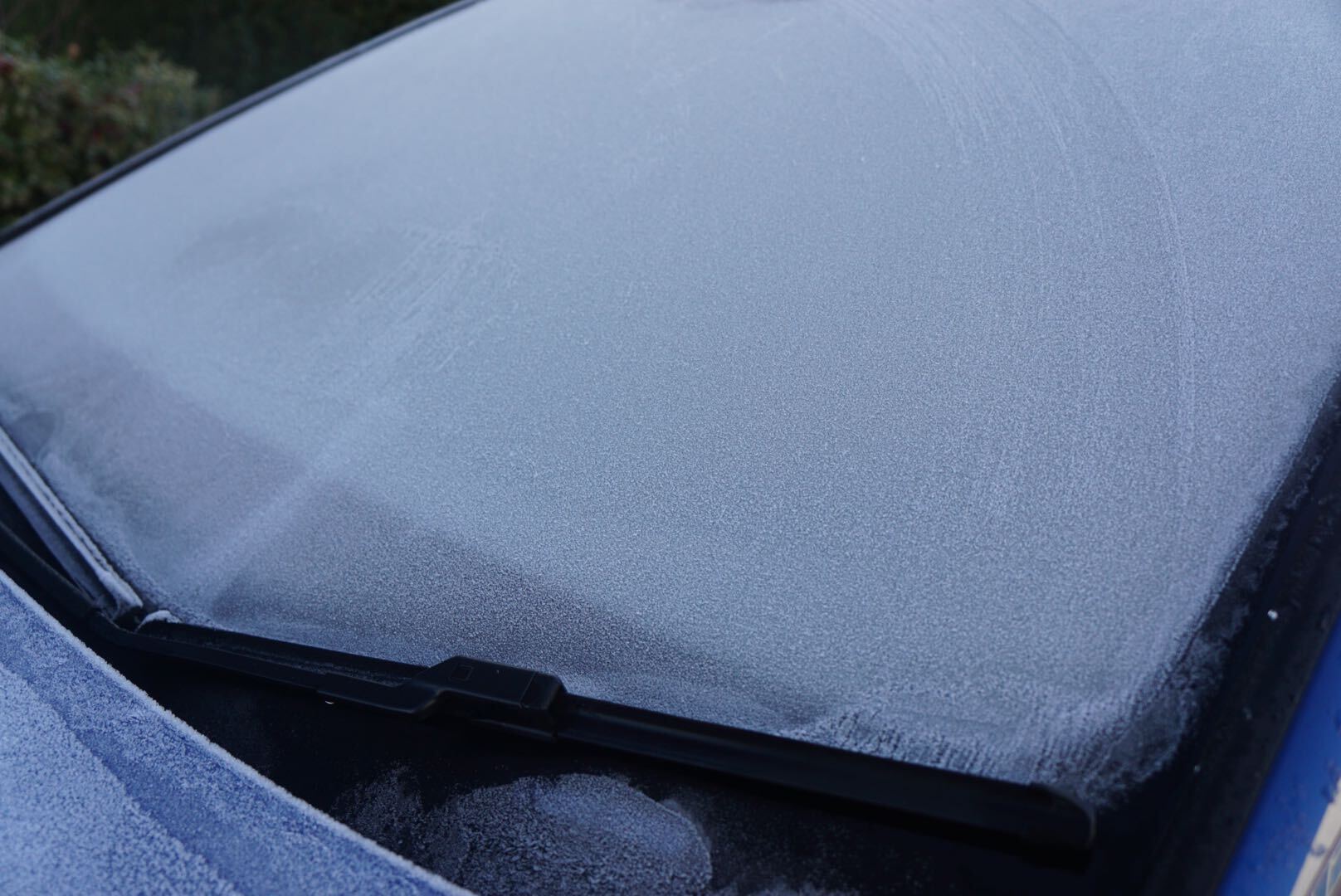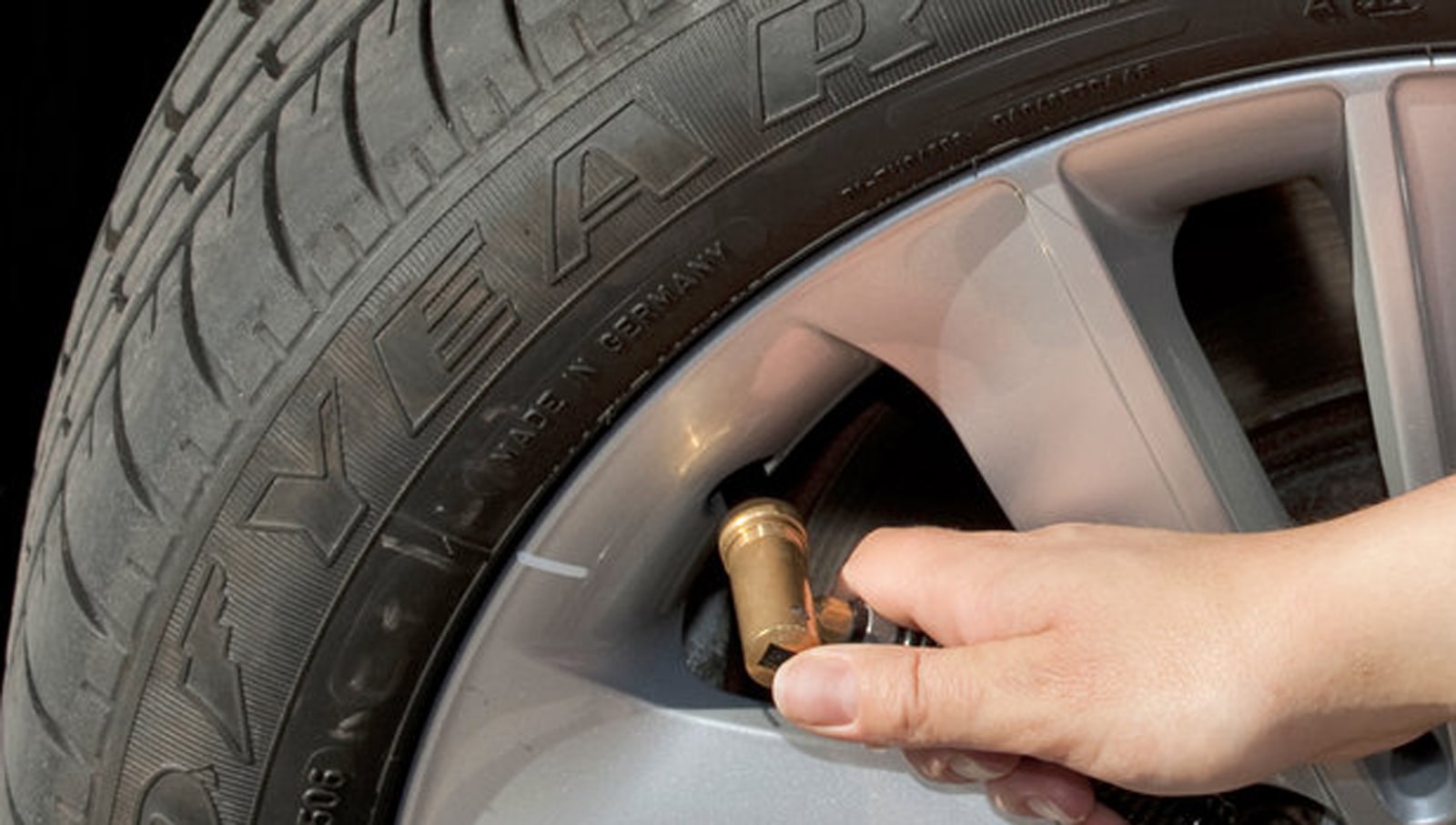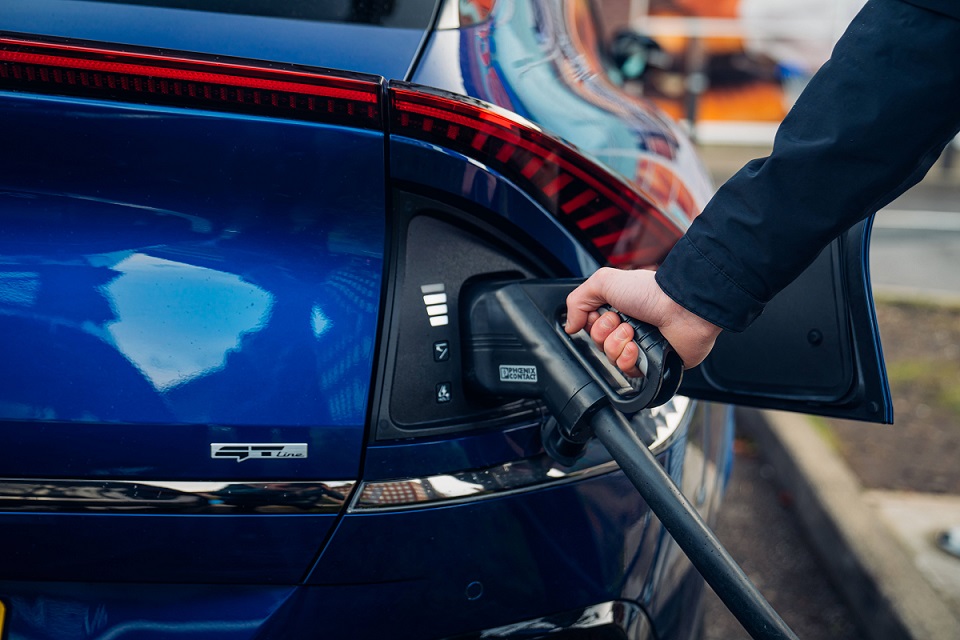Wintry weather is known for making driving conditions worse, but did you know that it can also impact your car itself? Find out how cold weather can affect your vehicle, in this article written by Jack Evans from PA Motoring Service.
Battery
Jump-starting can sometimes be the only solution to a flat battery
Your battery is what sparks life into an engine. During warmer temperatures, it isn’t put under that much strain and getting an engine going doesn’t require too much work from the battery.
However, when the temperature falls, your battery is required to use more energy to get an engine started. If there’s not the right amount of energy in reserve, your car may struggle to start or not get going at all. If you’ve noticed that it’s having trouble starting, then a real fall in temperature could push it over the edge and cause it to fail – so you’d be best replacing it to ensure that it starts at the turn of the key.
Good to know
If you’re a Motability Scheme customer, your servicing, maintenance and breakdown cover are all included in the cost of your lease. Use the Get Support section of our website to learn what you should do if something happens to your vehicle and who you should contact.
Spark plugs
Spark plugs are used to ignite the air/fuel mixture
Spark plugs are what kickstarts the combustion process of a petrol-powered car and, like so many other electrical-related components, they can quickly fail in colder weather. This is more likely the case for older spark plugs.
If you notice that your car is feeling down on power or sluggish, then it may mean that a spark plug has failed. You’ll need to get it checked out by a professional and replaced if needed.
Windscreen issues
Freezing temperatures can worsen any pre-existing windscreen issues
Sub-zero temperatures can cause some issues for windscreens, too. If you’ve got a small chip in the screen – perhaps caused by a stone during summertime – then a fall in temperature can quickly transform this into a larger and more dangerous crack.
If this happens, you’ll most likely have to have the windscreen replaced. However, if you’ve still got a chip, then this can be professionally repaired, which will help reduce the chances of it worsening.
Tyre pressures
Checking a car’s tyre pressures is simple (© Goodyear)
Your tyre pressures can also be affected by a fall in temperatures. Even a small drop can affect them, changing how they perform and reducing their effectiveness.
It’s why giving your tyres a quick check after a cold snap can prove so useful. You’ll be able to find your car’s recommended pressures in the vehicle handbook or sometimes behind the fuel filler door. Inflate them to the correct pressures and you’ll know that your tyres are working as effectively as possible.
Fluids thicken up
Your car relies on all manner of fluids to work effectively. During colder weather, their viscosity can change, making them thicker and less able to work as they should.
However, there’s a really easy remedy to this. Simply allow your car to warm up properly before driving away as this will allow the fluids to heat and move around the system correctly. Always remember to stay with your car when you’re doing this – don’t be tempted to start it and go back inside the house.
Electric cars
Just as a petrol car’s battery is put under extra pressure in cold weather, the same goes for a fully electric car. Batteries use a chemical reaction to take on and release energy, and during cold weather this process is slowed down. It’s why electric cars aren’t able to offer their best-possible range during winter. You could see around a 20 per cent decrease in range, though the latest EVs will see this fall to around 10 per cent of the claimed range.
You can help by using an EV’s pre-warm function – if it has been fitted with it – which can help to bring the battery up to its correct temperature and, in the process, help it deliver more range.
This article was written by Jack Evans and PA Motoring reporter from PA Motoring Service and was legally licensed through the Industry Dive Content Marketplace. Please direct all licensing questions to legal@industrydive.com.
Related articles
Your guide to safe winter driving
Four simple car checks for safer winter driving
How to avoid driving anxiety this winter
![]()

